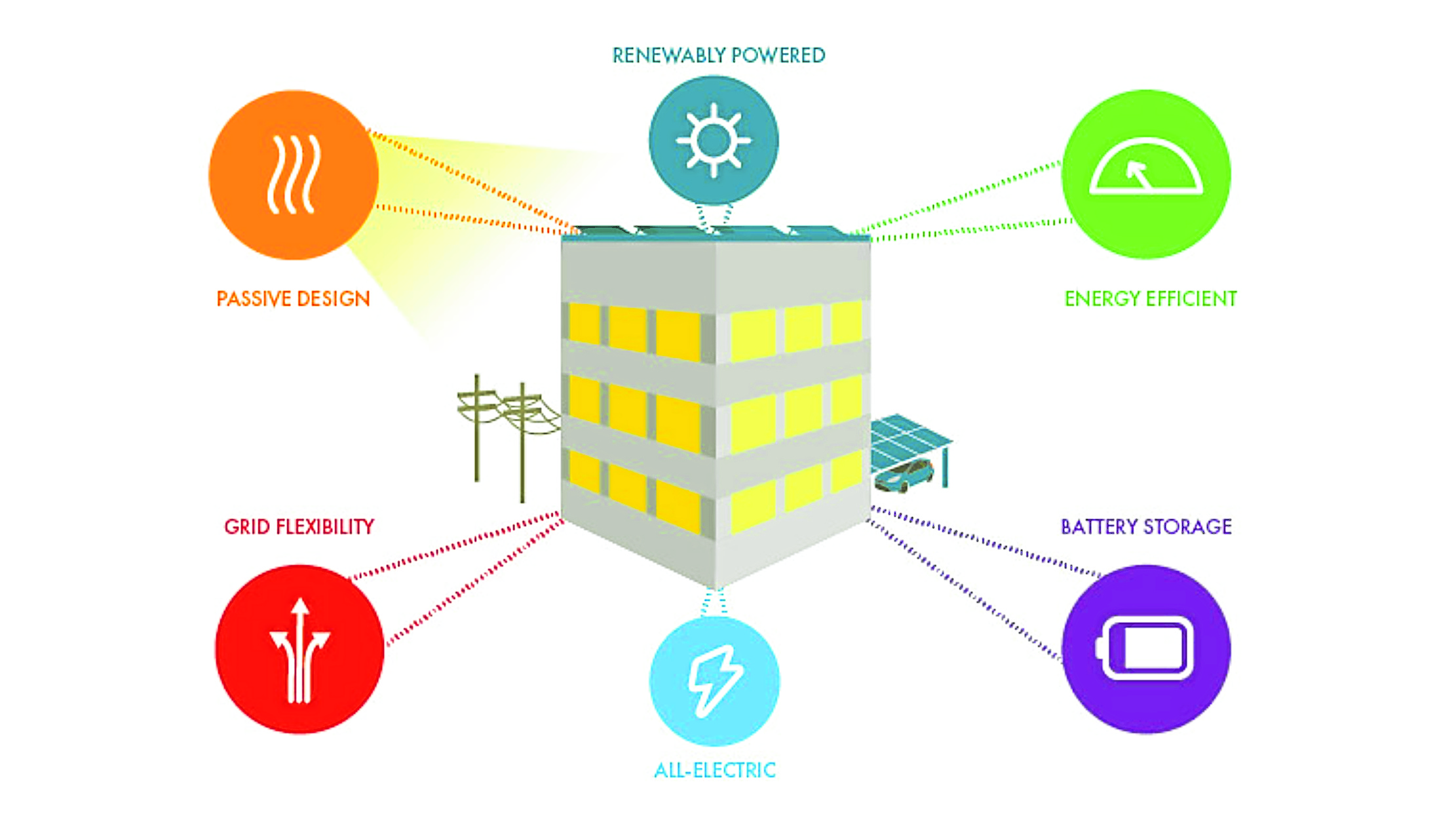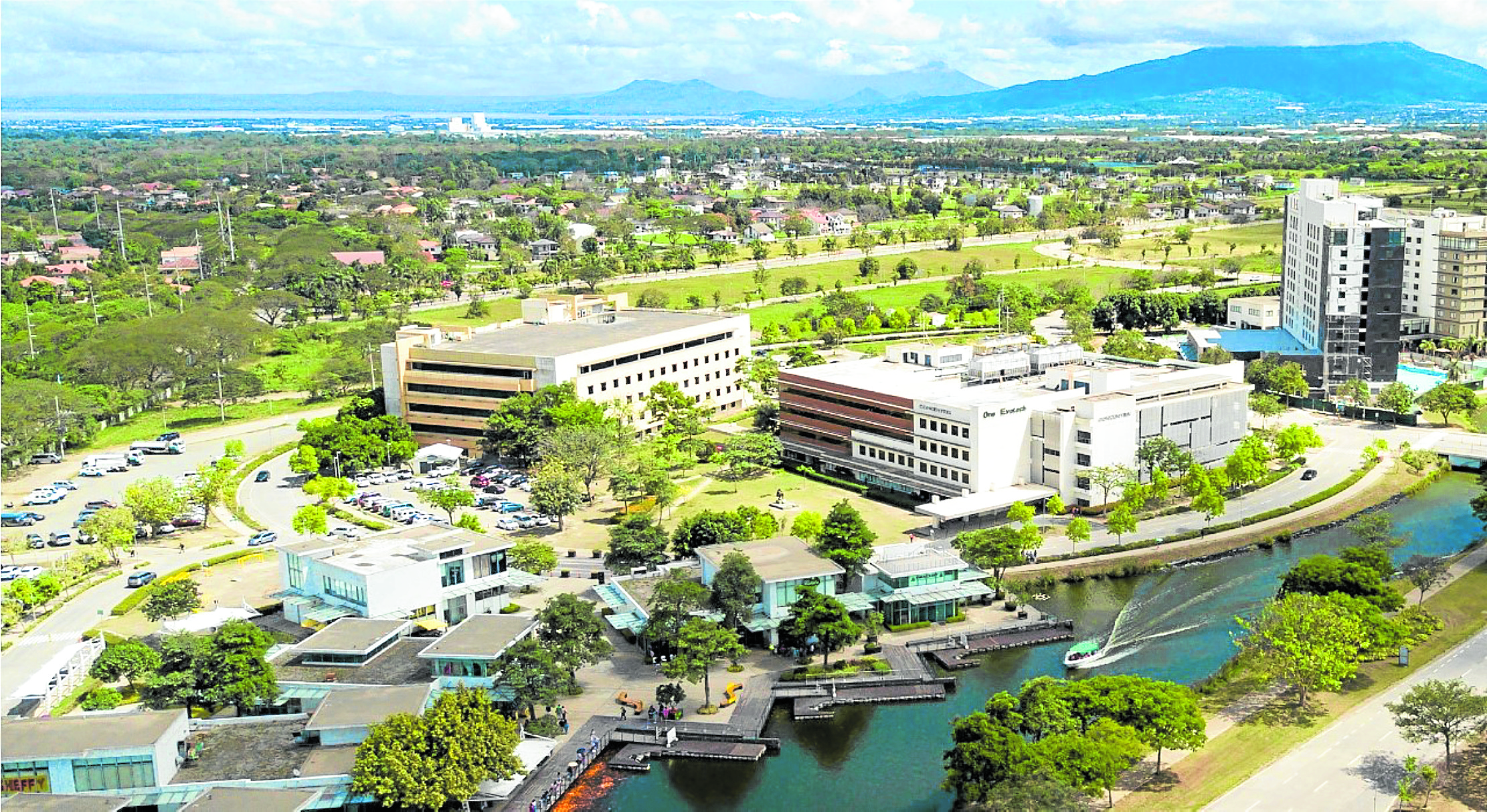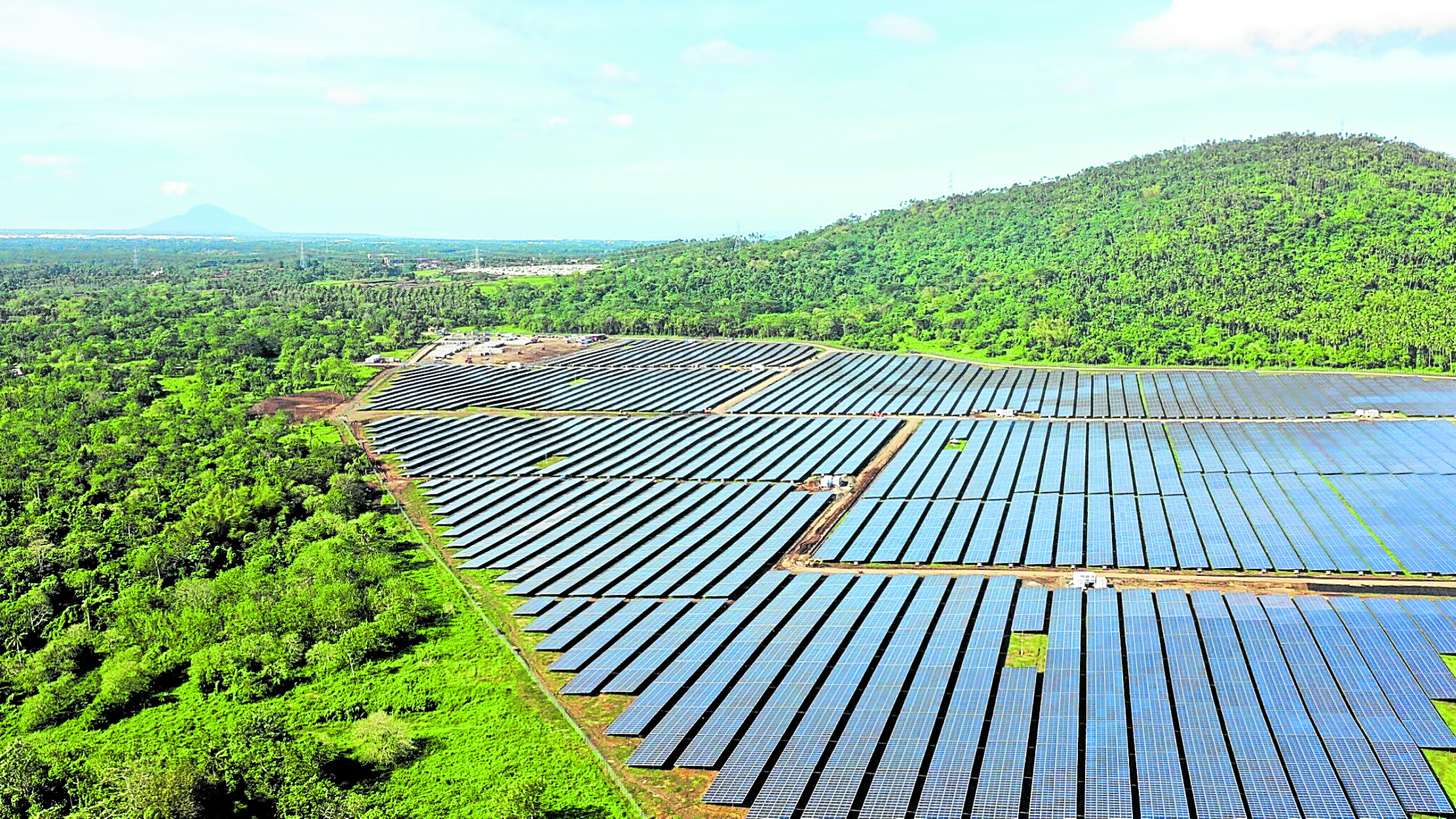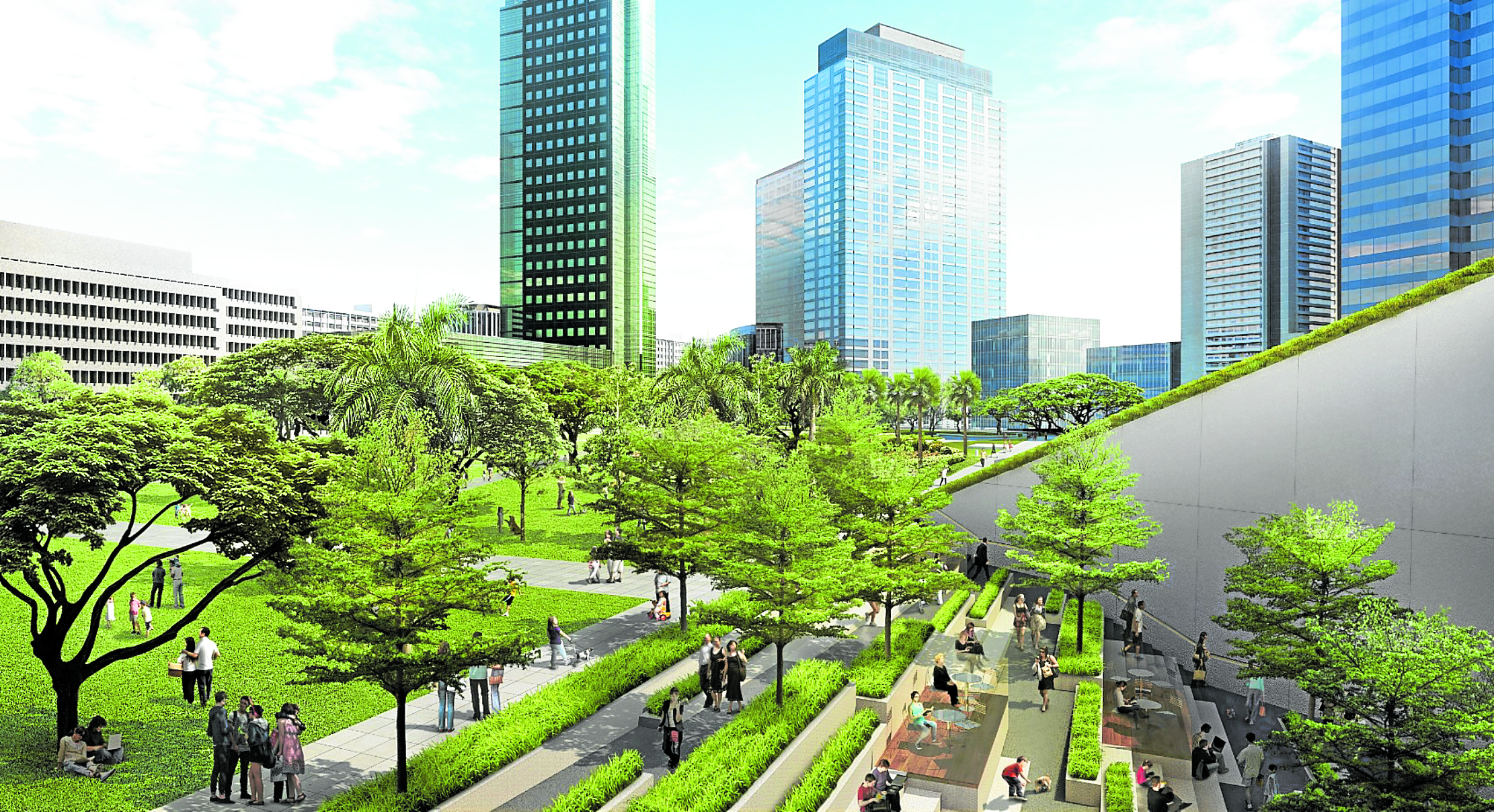The zero carbon revolution
The Philippine real estate market is flourishing, with new developments growing nationwide. Yet, this rapid expansion brings a host of environmental concerns. Climate change, with its devastating impacts such as typhoons and flooding, makes the need for sustainable solutions more urgent than ever.
The Philippine real estate dilemma
The construction industry worldwide is a significant contributor to carbon emissions. According to the World Green Building Council, buildings and construction are responsible for 39 percent of global carbon emissions.
In the Philippines, the situation is equally alarming. Commercial and residential buildings are the largest electricity consumers, accounting for 63 percent of the electricity supply. This consumption has increased by 45 percent over the past decade. The Department of Energy has announced a bleak supply-demand outlook, highlighting the urgent need for sustainable solutions.
Carbon neutral buildings unveiled
Carbon-neutral buildings are designed to have a net zero carbon footprint. These structures are energy-efficient and use renewable energy sources to offset carbon emissions.
They stand out as a transformative and sustainable approach for the future of Philippine real estate. These innovative structures promise to mitigate environmental impact and offer economic advantages.
However, the road to widespread adoption is fraught with challenges, from regulatory hurdles to initial costs. Despite these obstacles, carbon-neutral buildings present a viable and sustainable path forward, promising a future where real estate development and environmental responsibility coexist.
Why carbon-neutral buildings matter in the Philippines
In response to climate change, the Philippine government has revised its target to cut greenhouse gas emissions and has committed to a reduction of 75 percent by 2030 from its previous target of 70 percent.
Carbon-neutral buildings can play a pivotal role in achieving this ambitious target. They offer many economic benefits, including job creation and long-term energy savings, making them an attractive investment for the public and private sectors.
Obstacles on the road to carbon neutrality
Transitioning to carbon-neutral buildings is challenging. High initial costs and regulatory hurdles often deter developers.
However, incorporating energy-saving measures at the early stage of construction can mitigate long-term operational and maintenance costs. Simple design choices like building orientation, window-to-wall ratio, and even paint colors can significantly affect a building’s energy efficiency.
The path forward
Policy changes and technological innovations are indispensable for the Philippines to make carbon-neutral construction a standard practice. Government incentives, such as tax breaks for sustainable projects, could encourage developers to adopt green practices.
Updated building codes requiring energy-efficient designs can further push the industry toward sustainability. Technological advancements like energy-efficient HVAC systems and smart grids can significantly reduce a building’s carbon footprint.
The Green Climate Fund, to which the Philippines has gained access, can act as a catalyst by financing pilot projects and supporting research and development.
Public awareness also plays a pivotal role in adopting carbon-neutral buildings. Educational campaigns can change public perception, increasing demand for sustainable living spaces.
Integrating policy shifts, technological advancements, financial backing from global funds, and public education, the Philippines can set the stage for a future where real estate development and environmental responsibility work harmoniously.
The author (www.ianfulgar.com) is a leading architect with an impressive portfolio of local and international clients, his team elevates hotels and resorts, condominiums, residences, and commercial and mixed-use township development projects. His innovative, cutting-edge design and business solutions have garnered industry recognition, making him the go-to expert for clients seeking to transform their real estate ventures
Carbon-neutral buildings are designed to have a net zero carbon footprint.


















